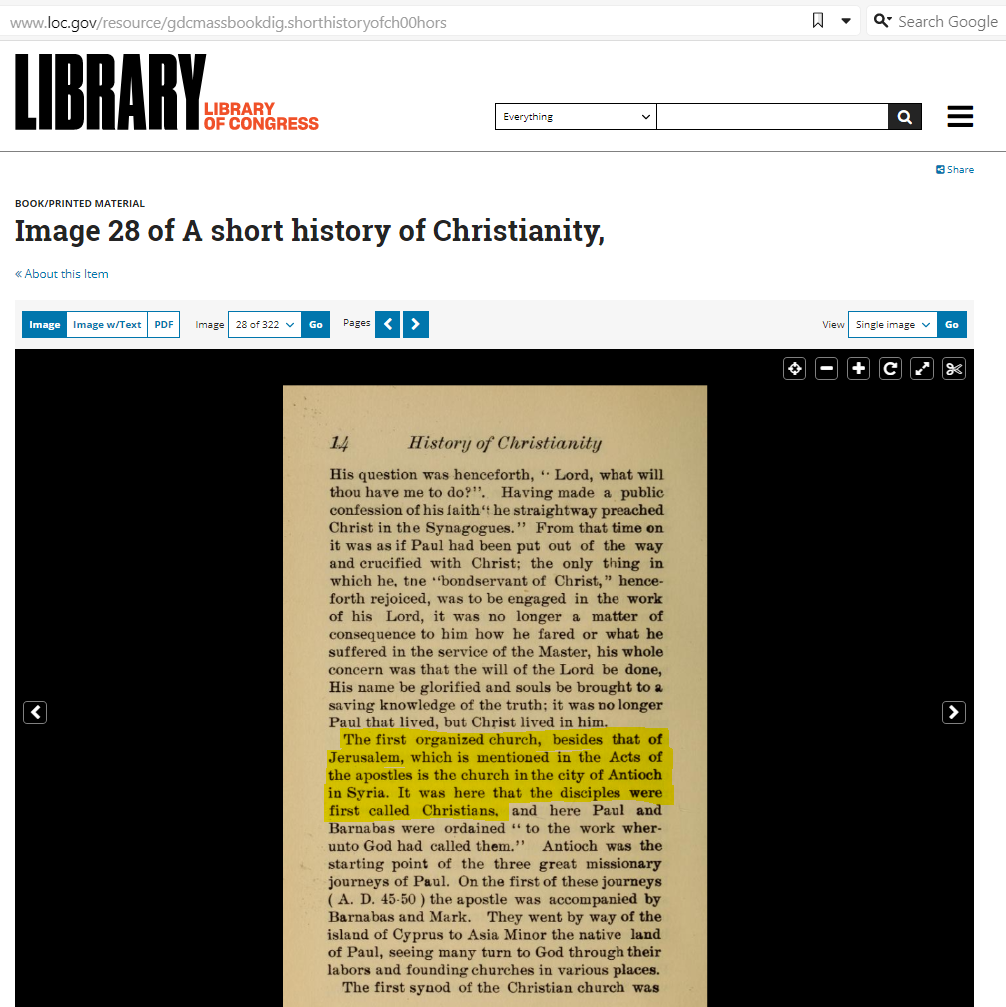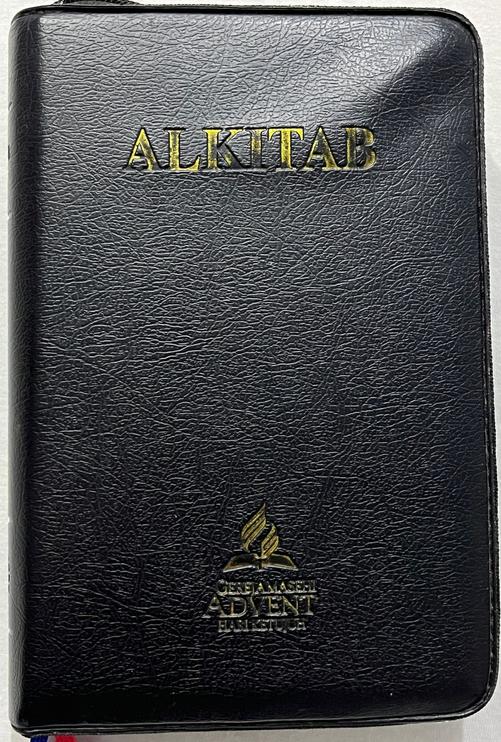Saul/Paul and Barnabas are the first christian and a Sabbath keeper.
Paul are a faithful jew, was a sanhedrin and his job was to prosecute people who are not doing jew's law, including Sabbath sanctification.
Acts 11:25-26; 13:14; 13:27; 13:42-44; 15:21; 16:13; 17:2; 18:4; 24:14; Hebrews 4:1-6; 4:9-11;
-
Acts 11:25-26 (NET)
11:25 Then Barnabas departed for Tarsus to look for Saul,
11:26 and when he found him, he brought him to Antioch. So for a whole year Barnabas and Saul met with the church and taught a significant number of people. Now it was in Antioch that the disciples were first called Christians.
-
Acts 13:14 (NET)
13:14 Moving on from Perga, they arrived at Pisidian Antioch, and on the Sabbath day they went into the synagogue and sat down.
-
Acts 13:27 (NET)
13:27 For the people who live in Jerusalem and their rulers did not recognize him, and they fulfilled the sayings of the prophets that are read every Sabbath by condemning him.
-
Acts 13:42-44 (NET)
13:42 As Paul and Barnabas were going out, the people were urging them to speak about these things on the next Sabbath.
13:43 When the meeting of the synagogue had broken up, many of the Jews and God-fearing proselytes followed Paul and Barnabas, who were speaking with them and were persuading them to continue in the grace of God.
13:44 On the next Sabbath almost the whole city assembled together to hear the word of the Lord.
-
Acts 15:21 (NET)
15:21 For Moses has had those who proclaim him in every town from ancient times, because he is read aloud in the synagogues every Sabbath.”
-
Acts 16:13 (NET)
16:13 On the Sabbath day we went outside the city gate to the side of the river, where we thought there would be a place of prayer, and we sat down and began to speak to the women who had assembled there.
-
Acts 17:2 (NET)
17:2 Paul went to the Jews in the synagogue, as he customarily did, and on three Sabbath days he addressed them from the scriptures,
-
Acts 18:4 (NET)
18:4 He addressed both Jews and Greeks in the synagogue every Sabbath, attempting to persuade them.
-
Acts 24:14 (NET)
24:14 But I confess this to you, that I worship the God of our ancestors according to the Way (which they call a sect), believing everything that is according to the law and that is written in the prophets.
-
Hebrews 4:1-6 (NET)
God’s Promised Rest
4:1 Therefore we must be wary that, while the promise of entering his rest remains open, none of you may seem to have come short of it.
4:2 For we had good news proclaimed to us just as they did. But the message they heard did them no good, since they did not join in with those who heard it in faith.
4:3 For we who have believed enter that rest, as he has said, “As I swore in my anger, ‘They will never enter my rest!’” And yet God’s works were accomplished from the foundation of the world.
4:4 For he has spoken somewhere about the seventh day in this way: “And God rested on the seventh day from all his works,”
4:5 but to repeat the text cited earlier: “They will never enter my rest!”
4:6 Therefore it remains for some to enter it, yet those to whom it was previously proclaimed did not enter because of disobedience.
-
Hebrews 4:9-11 (NET)
4:9 Consequently a Sabbath rest remains for the people of God.
4:10 For the one who enters God’s rest has also rested from his works, just as God did from his own works.
4:11 Thus we must make every effort to enter that rest, so that no one may fall by following the same pattern of disobedience.
-
The first organized church, besides that of
Jerusalem, which is mentioned in the Acts of
the apostles is the church in the city of Antioch
in Syria. It was here that the disciples were
first called Christians, and here Paul and
Barnabas were ordained " to the work wherunto
God had called them." Antioch was the
starting point of the three great missionary
journeys of Paul. On the first of these journeys
( A. D. 45-50 ) the apostle was accompanied by
Barnabas and Mark. They went by way of the
island of Cyprus to Asia Minor the native land
of Paul, seeing many turn to God through their
labors and founding churches in various places.
-
Library of congress A short history of Christianity, Horsch, John, 1867-1941, page 28.
https://www.loc.gov/resource/gdcmassbookdig.shorthistoryofch00hors/?sp=28
-

Last Updated on 2025-05-13 by assa
